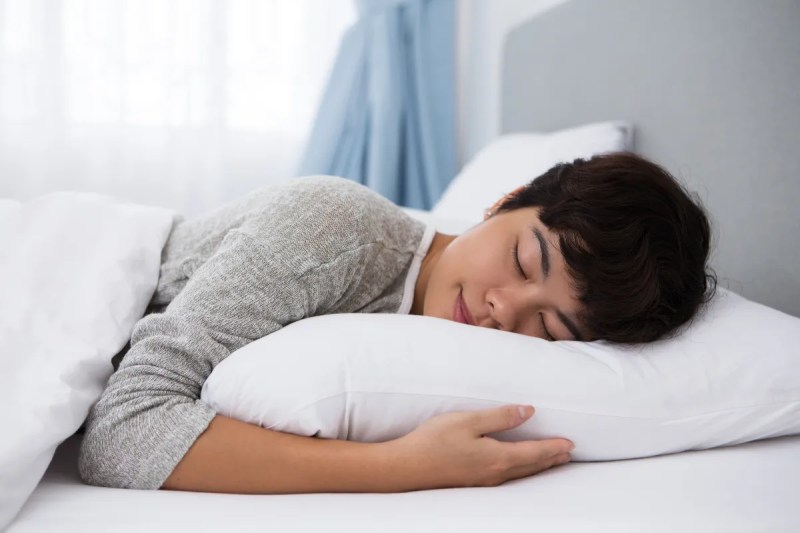
Sleep Viral Rule (Image: Freepik)
Sleep Viral Rule: Can the 10-3-2-1 rule truly improve your sleep? This rule is going viral on social media, but does it actually work, or is it just another trend? What does science say? Let's understand in simple terms.
This rule isn't just about sleeping early; it's about gradually preparing your body and mind for sleep. Each step aims to enhance your sleep quality.
10 hours before: Stop caffeine
3 hours before: Stop heavy meals and alcohol
2 hours before: Stop work or mentally taxing activities
1 hour before: Stop mobile, TV, screens
A 2023 study indicates that consuming caffeine takes longer to fall asleep, leads to lighter sleep, and increases the frequency of waking up during the night. According to science, most people should stop consuming caffeine approximately 9 hours before bedtime. Therefore, the 10-hour rule aligns quite well.
Research has shown that drinking alcohol before sleep deteriorates sleep quality. While it might induce sleep initially, the sleep is not deep. Similarly, eating heavy meals 2-3 hours before sleep can cause acidity, a feeling of fullness, and disrupted sleep. Hence, the advice to stop eating 3 hours before bedtime is quite sound.
If you engage in activities like checking emails, office work, or deep thinking before bed, your brain becomes active. Science suggests that an overactive brain delays the onset of sleep. This is why insomnia treatment also incorporates techniques to calm the mind. Therefore, taking a break from mentally demanding tasks 2 hours prior aids in falling asleep.
The blue light emitted from mobile phones, TVs, and laptops reduces the production of melatonin, the sleep hormone, in our bodies. Lower melatonin levels make it harder to fall asleep. Numerous studies have proven that switching off screens an hour before bed leads to quicker sleep onset and improved sleep quality.
This is not a miraculous cure, nor is it a perfect solution for everyone. However, its strength lies in consolidating four habits, supported by science, into a simple routine. If you experience mild sleep disturbances, this rule can be quite helpful. But if you suffer from a serious sleep disorder, consulting a doctor is essential.
Updated on:
22 Nov 2025 12:48 pm
Published on:
22 Nov 2025 12:47 pm
Big News
View AllHealth
Trending
Lifestyle
